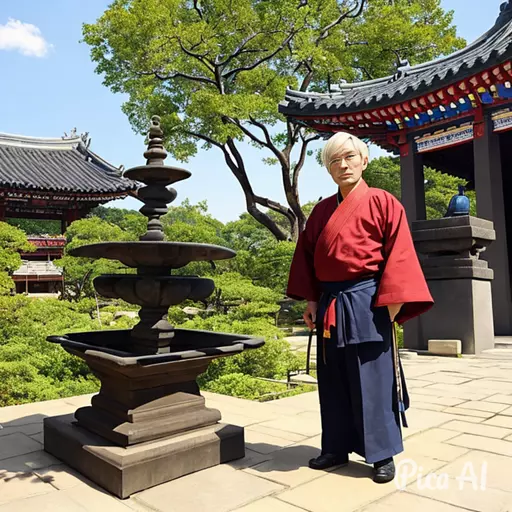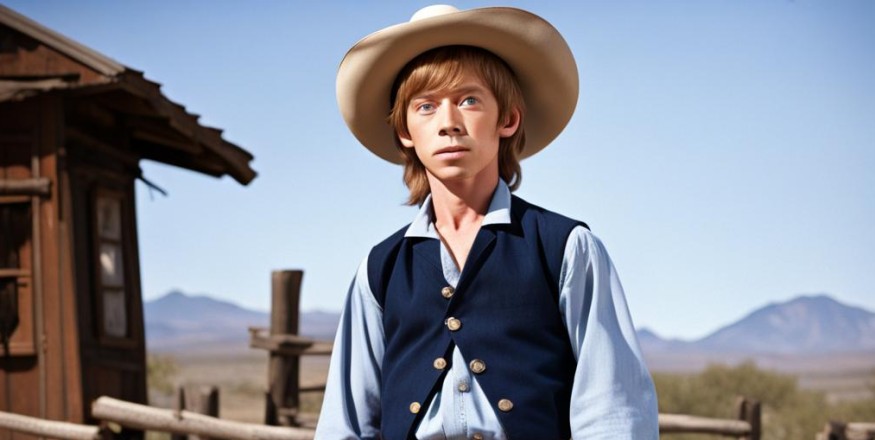 x
x
RAILROAD349Please respect copyright.PENANAUgql93Rv8W
349Please respect copyright.PENANAnPXrmFCLPD
Pounding spikes into the rails was easy, grinding labor. Robinson understood it well. It was a labor that parched the spirit---yet even in those sands, the spirit could grow. He drove spikes into the roadbed. Now and then he switched, holding spikes for the hammers of others. The heat was intense but it passed through and beyond him. He worked.349Please respect copyright.PENANAojM6XRwVTi
Pounding spikes into the rails was easy, grinding labor. Robinson understood it well. It was a labor that parched the spirit---yet even in those sands, the spirit could grow. He drove spikes into the roadbed. Now and then he switched, holding spikes for the hammers of others. The heat was intense but it passed through and beyond him. He worked.349Please respect copyright.PENANAojM6XRwVTi
Time contracted; attenuated. Time was an extension of the spirit. Two minutes or three days later those around him began to talk. The conversation extended for days and was over in minutes. Robinson didn't think of time. Once one became conscious of it in the way that the Americans were, it became a prison. Time was not iron and steel, it was not a receptacle but rather viscous like the sea: it just flowed. Within and without time he listened to the others. "Fertile land," a man named Kimoto, who had been a farmer, said, "a man could grow things in soil like this."
"So grow our food, farmer," someone else replied. "My belly aches from what they feed us and dare call it food."
"I could," Kimoto said and drove another spike. "I wish I could bring forth something from this earth; not violate it."
"Do you think that?" an Okinawan named Hoga said. He might have been responding to Kimoto or then again this might have been the start of a new conversation days later. Hoga claimed to have been a sailor; there were deep knife slashes on his cheeks. "Dream farmer, dream on, all of you! The only soil you will ever call yours is the dirt in which your bodies will be laid. We are all animals to them."
"Not necessarily," Yoshihiro said. His voice was gentle. "Not all of them think of us that way. The engineer Thatcher is our friend. He thinks of us."
"Does he now?" Hoga said after a while. "None of them think of us. We are property."
"No," Yoshihiro said, "that is not so. He has studied our history, has Thatcher. He speaks with respect."
Robinson concentrated on holding the spike that Hoga was driving through his fingers into the roadbed. He waited for the impact to come.....but after a long time, when it still had not, he looked up to see that Hoga was looking down at him, hammer in his hand, his face congested with rage. "You, Korean," he said to Robinson, "you say nothing?"
Robinson shrugged. There was nothing to say; language at a time like this meant nothing more than leaves falling to a forest floor. But there was no way to say this to Hoga. He held his spike, held position, and looked up.
"These men from Korea," Kimoto observed, "dark skin, tall bones----very quiet."
"Korean!" Hoga said commandingly. "Why do you not speak? You are not a mute. A man without words is a man without brains."
Robinson still held the spike. He would have stayed that way for as long as Kimoto needed before he would return to work....but he sensed that the others were waiting for his response now and that it would cost more than it would gain to wait the Okinawan out. "If one's words are not better than silence, Kimoto, one should keep silent," he said.
And in a fury, Hoga brought his sledgehammer down on the spike in Robinson's hand.349Please respect copyright.PENANAHoZjo2Pa09
ns13.58.146.48da2 





















